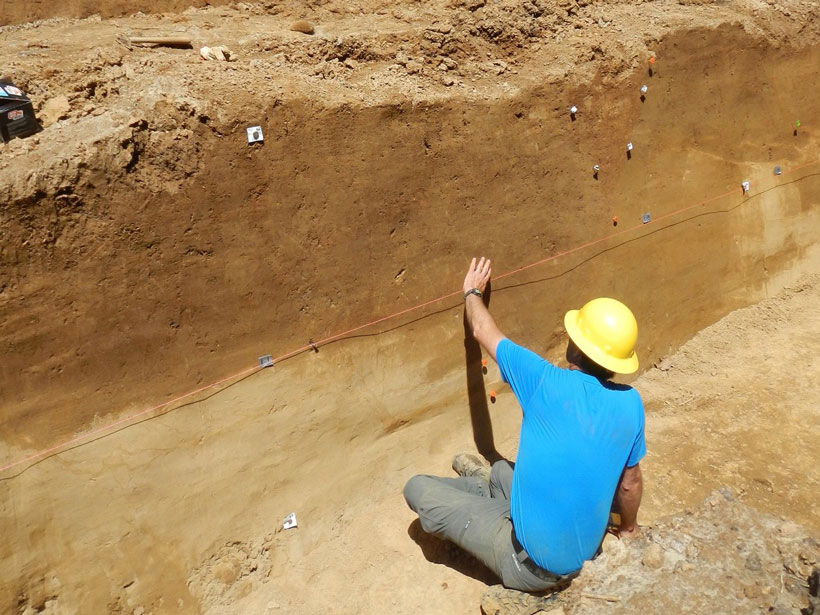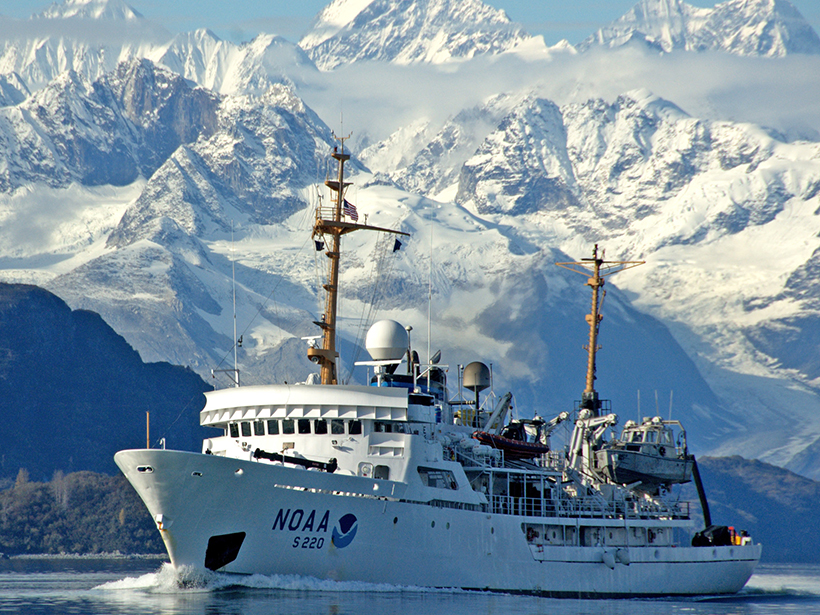The outage could last until November for some stations.
News
Secrets from the New Madrid Seismic Zone’s Quaking Past
High-resolution lidar topography reveals a long history of ancient earthquakes.
Did Global Glaciation Cause the Great Unconformity?
In a new study, researchers make the case that large-scale glaciation during parts of the Neoproterozoic era led to extensive erosion of Earth’s crust.
Precariously Balanced Rocks Reveal Earthquake History in Israel
Using the prevalence of unstable rock formations in Israel’s Negev Desert, researchers determined that historical earthquakes in the region were weaker than previously thought.
European Contact with the Americas May Have Triggered Global Cooling
The loss of precontact agricultural communities to genocide and disease may have led to massive reforestation, a dip in carbon dioxide, and one of the coldest snaps of the Little Ice Age.
House Climate Crisis Committee Hears Call for Action from Youth
The witnesses and Democrats at the House hearing urge action, but Republicans question the committee’s focus and criticize Democrats on the committee for not working in a bipartisan manner.
Senate Committee OK’s White House’s NOAA Pick in Party Line Vote
Senate floor fight may loom for Barry Lee Myers, whom Democrats oppose.
Ian McDougall (1935–2018)
McDougall distinguished himself as a leader in developing potassium-argon geochronology and its application to many Earth science issues, including the geomagnetic polarity timescale.
Weather-Induced Tsunami Waves Regularly Roll Up on U.S. Shores
Roughly 25 meteotsunamis strike coastlines between Maine and Puerto Rico each year, tide gauge data reveal.
Ice Drove Past Indo-Pacific Climate Variance
Researchers used both terrestrial and marine proxy data to reconstruct the dramatic and dynamic climatic changes.









